
Ruling party’s conflict increasing Congress hope for President
Soon after the November 20 elections, the Nepali Congress, which emerged as the largest party, staked claim for their candidates for the posts of both prime minister and president.
Maoist Centre Chair Dahal then managed to become prime minister on December 25 by joining hands with CPN-UML and other fringe parties.
But, surprisingly, the largest party , which has 89 seats in Parliament, also extented support to Prachanda by giving its confidence vote to the Pushpa Kamal Dahal-led government on January 10.
Prachanda needed only 138 votes to become Prime Minister, but he got 268 votes out of 270 votes in the 275-member HoR.
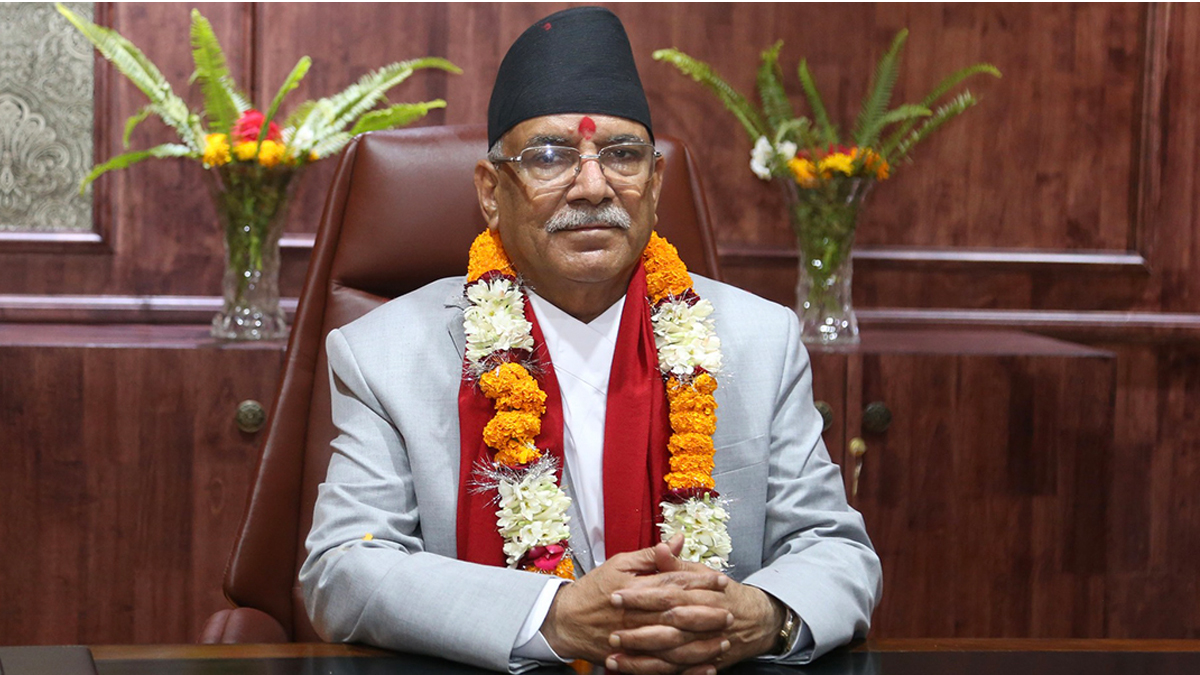
But Why?
On the eve of the floor test, Prachanda made a personal request for support by going to former prime minister and Nepali Congress President Sher Bahadur Deuba’s house. In the meeting, Dahal to Deuba had said that he would try his best to address the interest of the Congress in the elections for the President.
The Election Commission has decided to hold the presidential election–to elect the third president of the republic–on March 9, 2023.
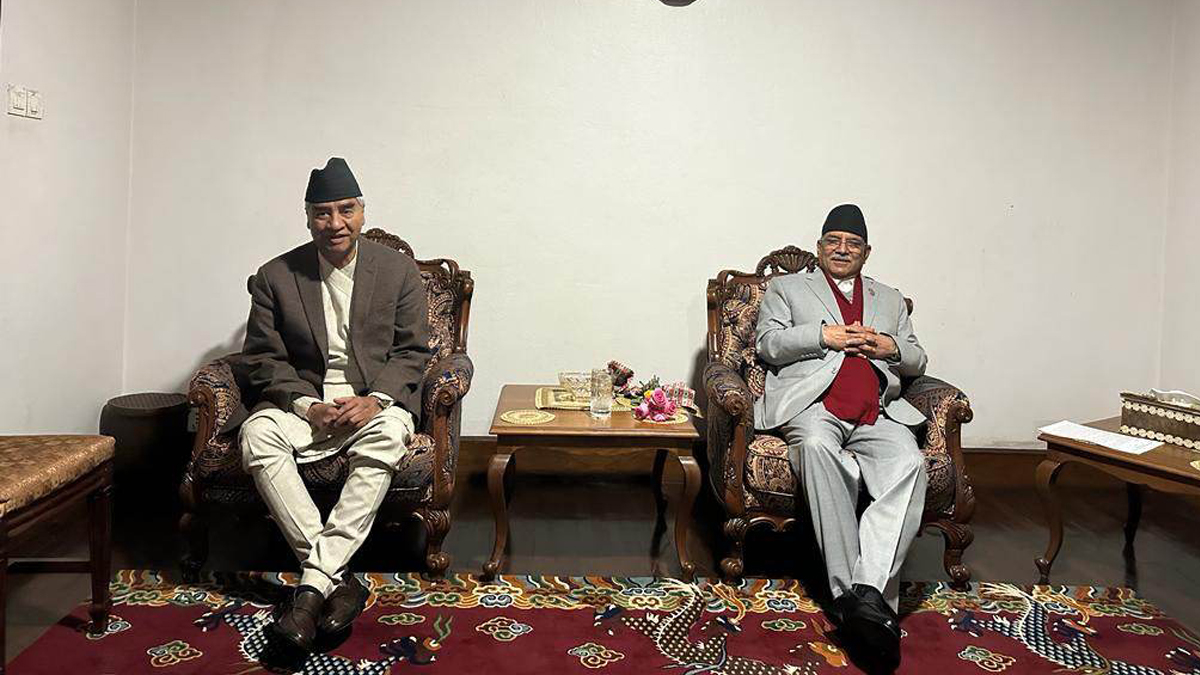
Nepali Congress then decided to give a confidence motion to Prachanda with a hope to revive the previous coalition by changing the balance of power and sidelining the CPN-UML.
By voting for Dahal in Parliament, the Nepali Congress has given a clear message that it stands ready to rescue Dahal if he falls into a minority.
Congress leaders confident in snatching the top post
Nepali Congress (NC) General Secretary Bishwa Prakash Sharma, during the conversation with journalists had confidently said that the person proposed by the Congress will be the new President.
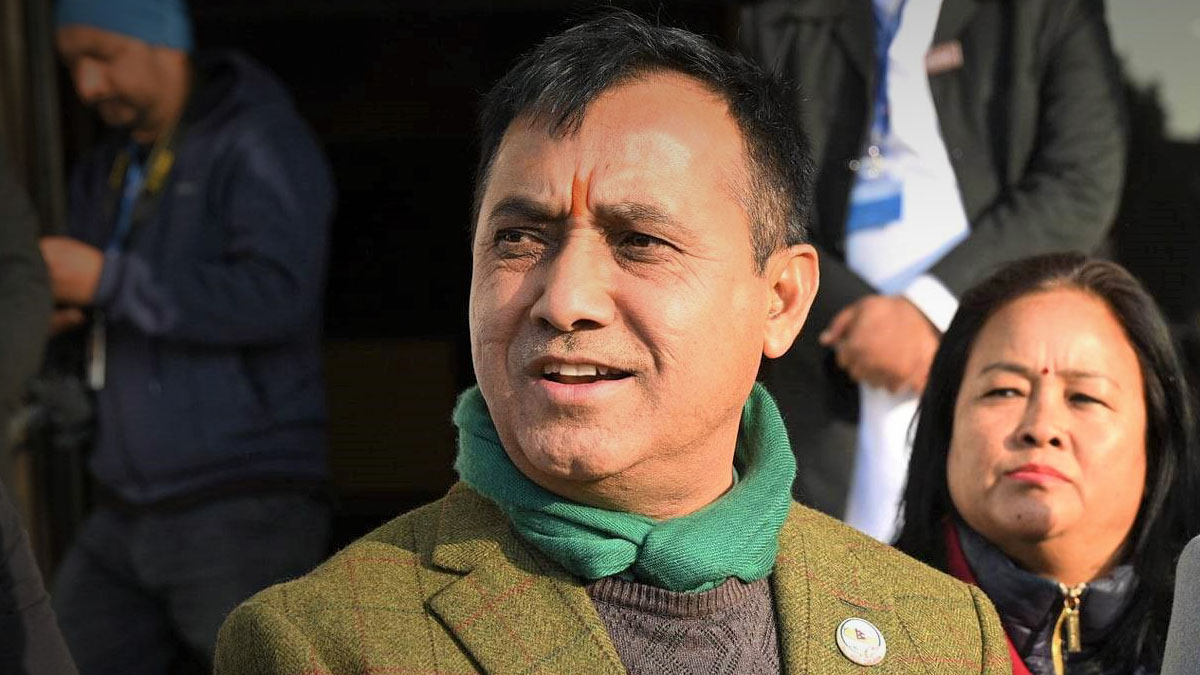
Nepali Congress (NC) leader and former minister for communications, Gyanendra Bahadur Karki on January 31 had argued that the NC gave a vote of confidence to Prime Minister Pushpa Kamal Dahal to make his party’s candidate for the post of President acceptable to all.
“We gave the vote of trust to Prachanda because we expect that the Maoist and other parties would support our candidates during the presidential elections,” senior Congress leader Shekhar Koirala had said in Biratnagar.
Discontent and conflict in the existing ruling coalition
Though Prachanda got overwhelming support from almost all the political parties, he is not having a rosy days. The Prime Minister is facing tough time in satisfying the parties – the Nepali Congress , the CPN-UML and the newly emerged Rashtriye Swatantra Party(RSP).
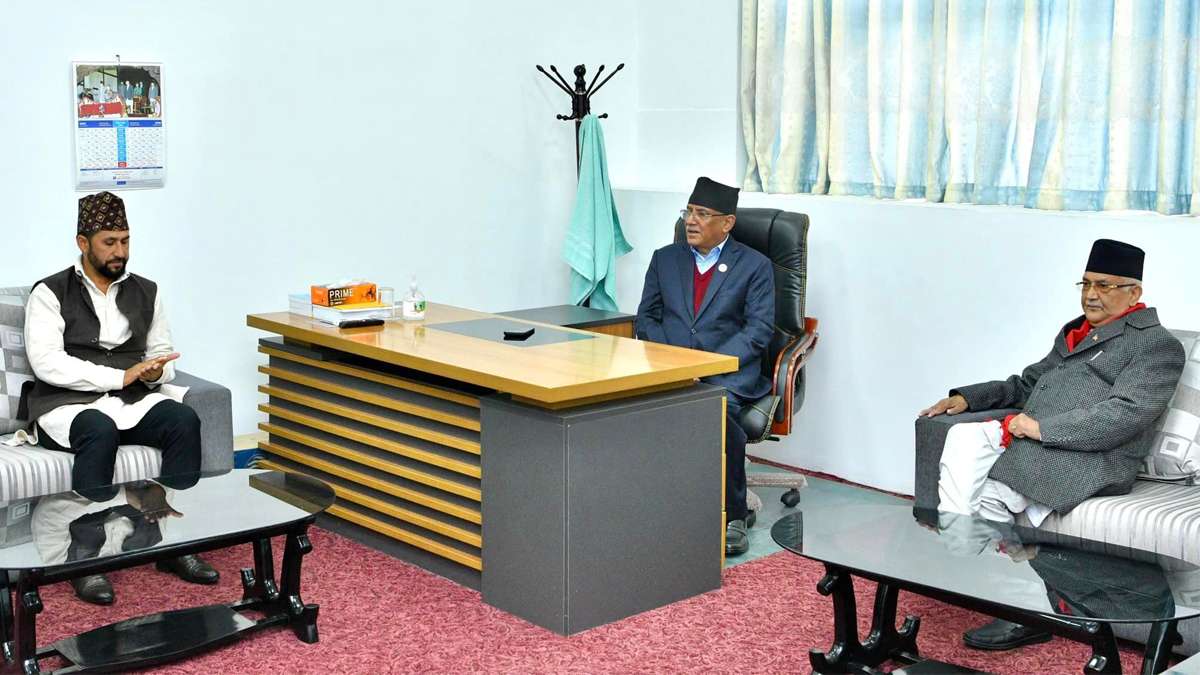
The Prime Minister Prachanda led seven-party ruling alliance has turned uncertain and unpredictable within just 40 days of the formation of the government.
The Rastriya Swatantra Party (RSP), a major partner in the ruling coalition, has threatened to pull out of the government after the prime minister refused to reinstate party president Rabi Lamichhane as home minister again.
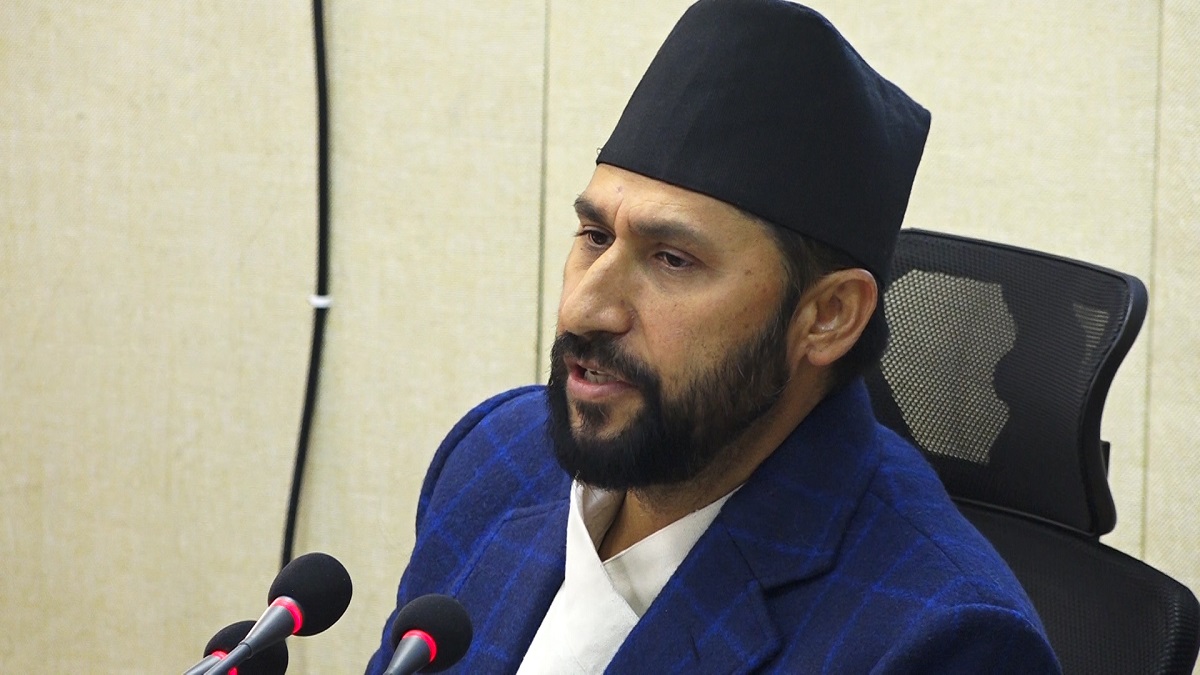
Lamichhane, who had tendered resignation from the post after the Supreme Court found him guilty in the citizenship case, re-acquired citizenship on Sunday and is asking for the post again.
On Thursday, while the meeting of the RSP’s Central Committee and the Parliamentary Party was underway, Prime Minister Dahal ,UML Chair Oli and RPP Chair Lingden telephoned and requested the party to not take decision of quiting government and to wait until Saturday for settling the issue.
The meeting had decided to continue to stake its claim on the home ministry, this time at the high-level political mechanism, and wait until Saturday for further developments.
Prime Minister Dahal seems to be under extreme pressure from the RSP to reinstate Lamichhane in his previous position–deputy prime minister and home minister. UML Chairman Oli has also been mounting pressure on the prime minister.
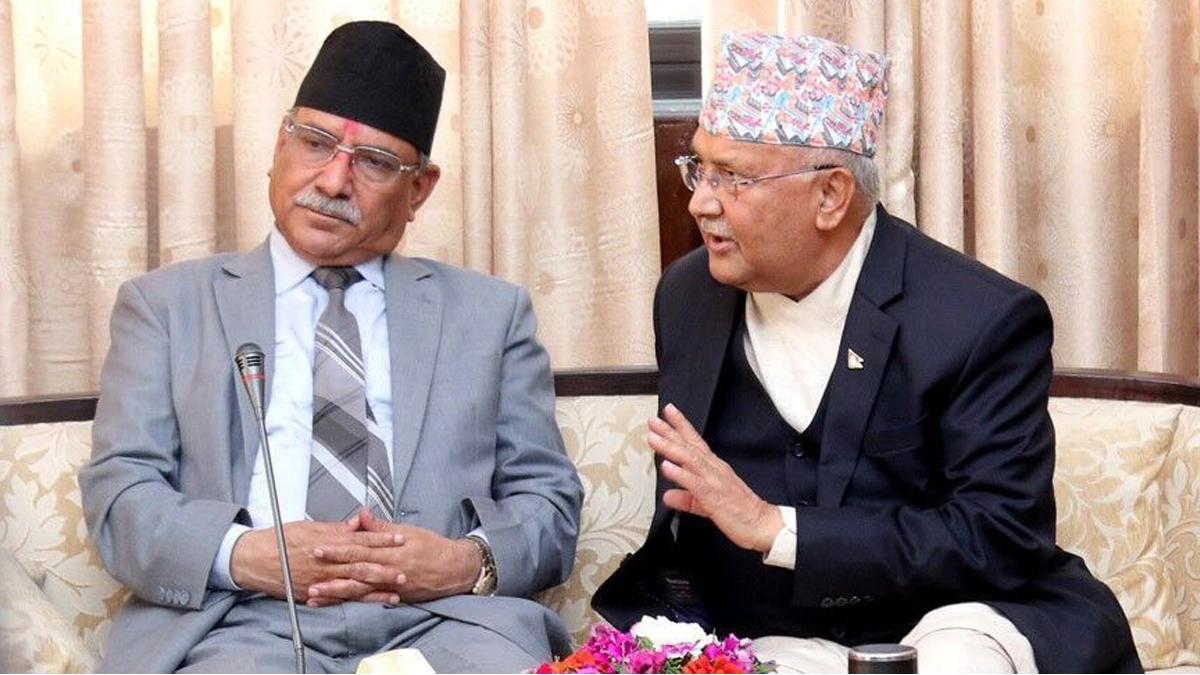
However, Prachanda in the opinion that Lamichhane should not be returned to the responsibility of the Ministry of Home Affairs along with the Deputy Prime Minister immediately. He is saying that it will not send a good message to return Lamichhane to his old responsibility as soon as he is relieved of the post as he is involved in serious issues related to citizenship and passport.
Similarly, it is not only the RSP that has threatened to quit the government. Two other coalition partners Janata Samajbadi Party (JSP) and Nagarik Unmukti Party (NUP) have also refused to join the government over various concerns.
Likewise, coalition partner Janamat Party is also displeased over not getting a ministry of its choice.
So, it seems that the existing ruling coalition may break any time with due to the discontent and conflict.
Congress playing in discontent and increasing its hope
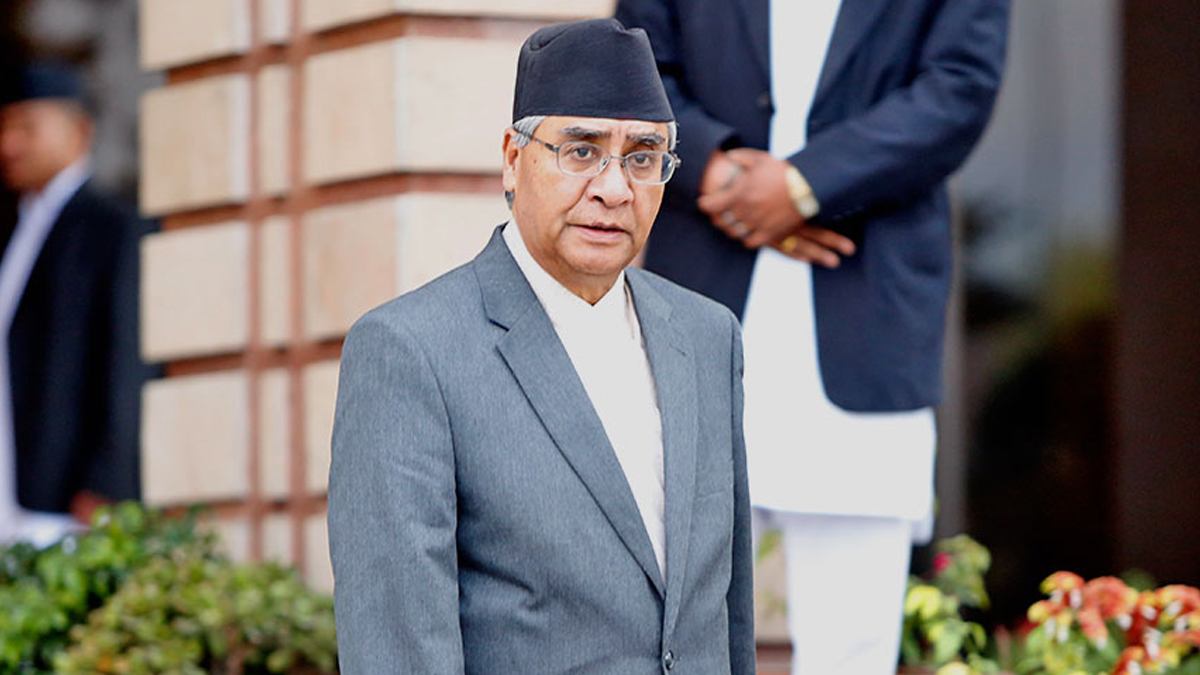
Congress leaders have openly said their mission is to break the existing ruling alliance and the move is on to snatch away the post of President from the CPN-UML.
Prime Minister Dahal has been saying that he would continue his bid to develop national consensus on a presidential candidate while UML Chair Oli has been saying that only UML’s candidate should only be elected to the post.
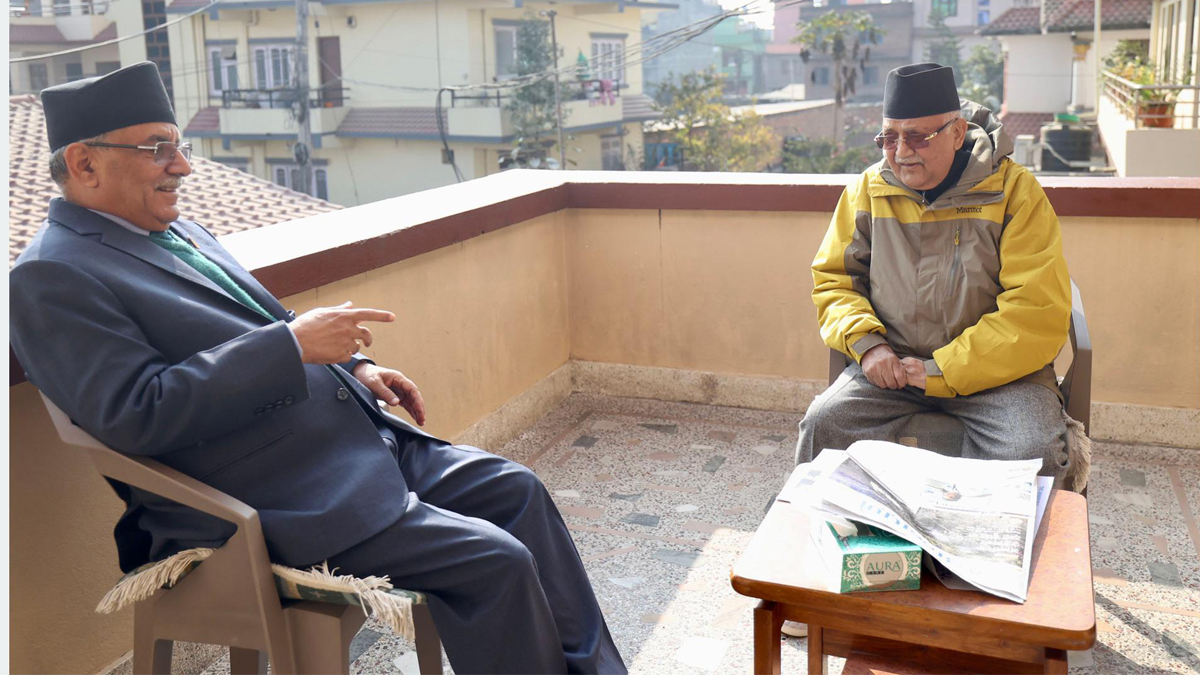
Maoist leaders close to Dahal have said that Oli’s collusion with Rastriya Prajatantra Party’s Rajendra Lingden and Rastriya Swatantra Party’s Rabi Lamichhane has further alarmed Prachanda.
In the midst of a growing mistrust between coalition partners over leadership of the Ministry of Home Affairs and other issues, Nepali Congress, the largest party in the House, has called a meeting of parties that are not part of the government.
So by intensifying meetings, NC leaders are intensifying meetings with various parties to break the consent among the UML and Maoist for the Presidential poll and also in breaking the existing ruling alliance.
They are constantly playing in the discontent and conflict inside the ruling alliance.
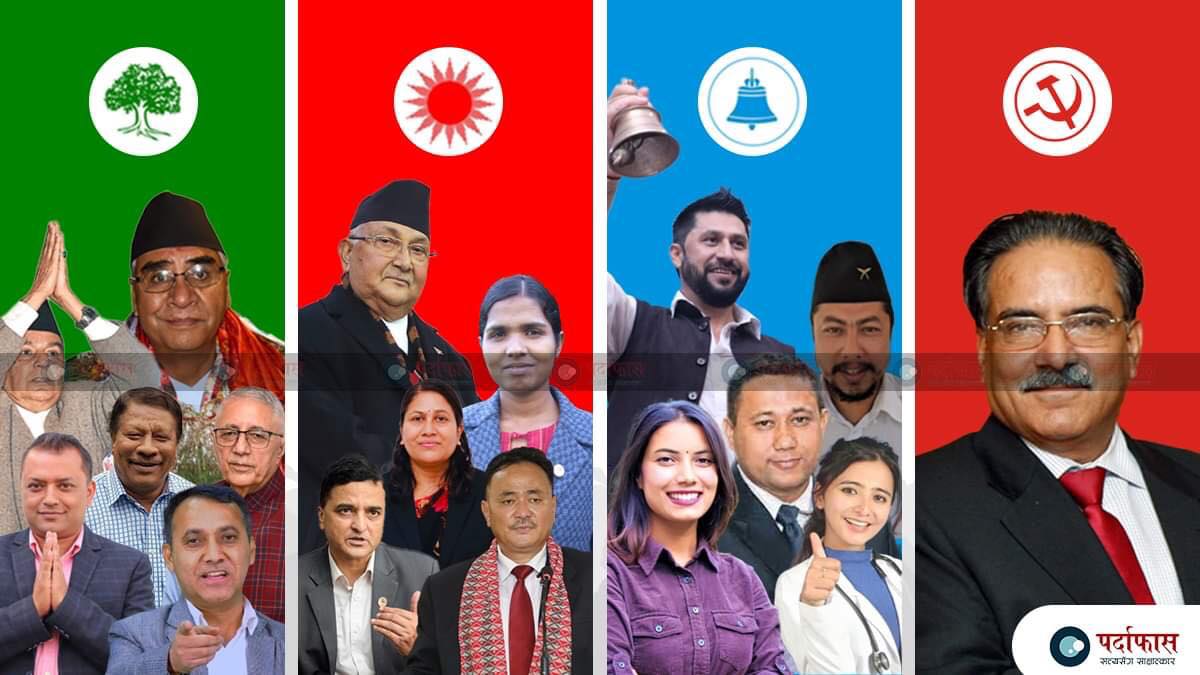

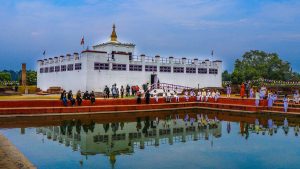
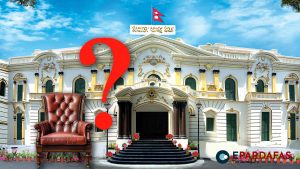

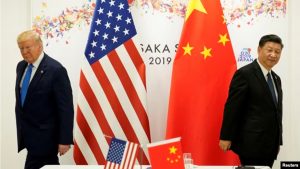




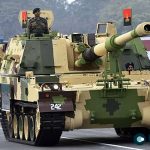


Comments